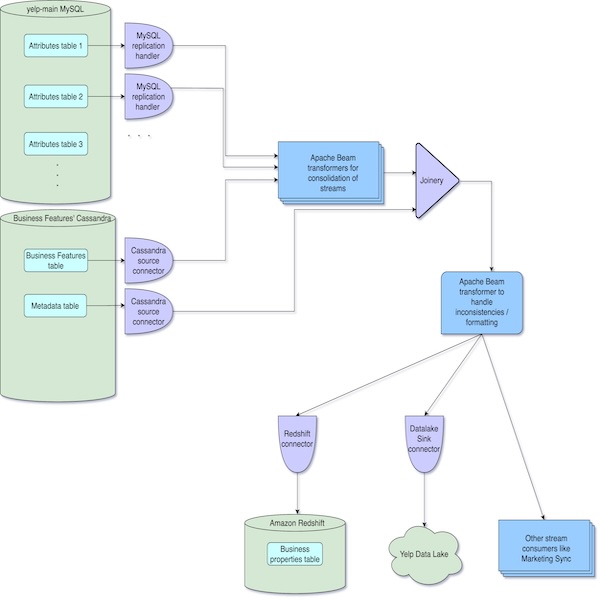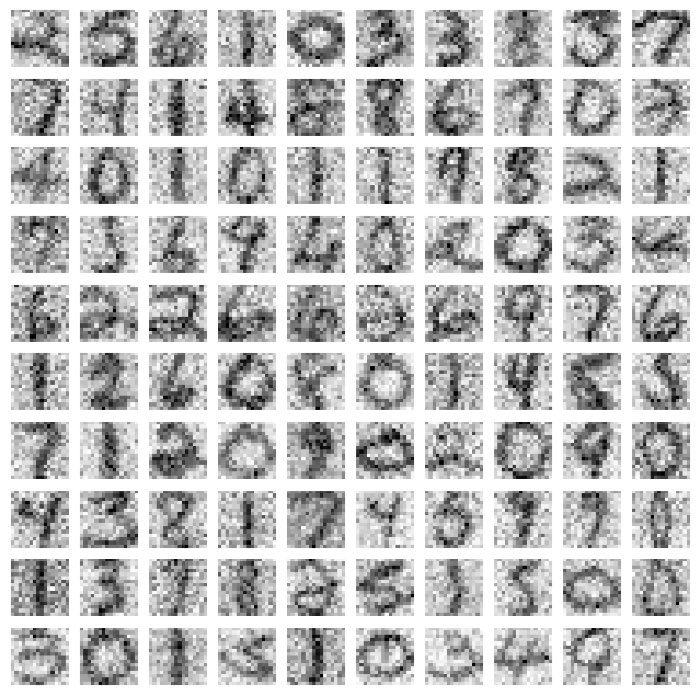Is there a way to "alt + tab" to last open in Cosmic?
 ericjmorey @ ericjmorey @programming.dev Posts 260Comments 773Joined 2 yr. ago
ericjmorey @ ericjmorey @programming.dev Posts 260Comments 773Joined 2 yr. ago

ericjmorey @ ericjmorey @programming.dev
Posts
260
Comments
773
Joined
2 yr. ago
Centralized Forecasting Service: Revolutionizing Time Series Models at Sam’s Club
GitHub - HarryET/shimmer: A Gleam library for interacting with the Discord API
Python Data Science Day will be taking place March 14th, 2024; a “PyDay” on Pi Day
Image denoising techniques: A comparison of PCA, kernel PCA, autoencoder, and CNN
Same Stats, Different Graphs: Generating Datasets with Varied Appearance and Identical Statistics through Simulated Annealing
Rust Atomics and Locks by Mara Bos | Resource Not Made For Beginners












I think they're using it strictly in Tiling mode and are using directional switching. I generally work with only one window visible so I'm not sure how much I'm going to like COSMIC where that workflow seems not to be the primary focus. But it is only in alpha and I'm not actually going to give it a real try until it becomes the default in Pop!_OS. I Hope it's not too big an adjustment for me.